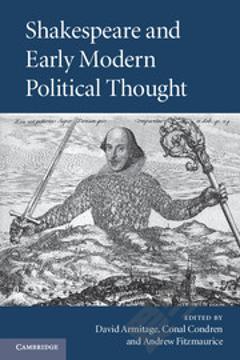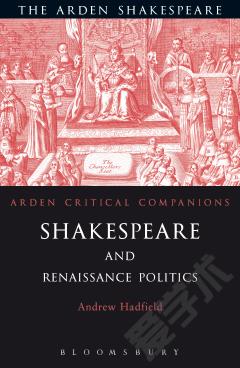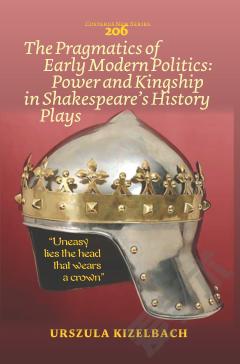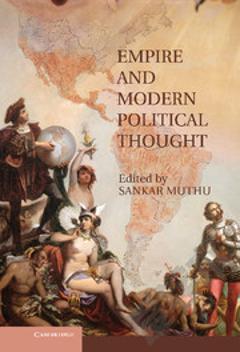Shakespeare and Early Modern Political Thought
This is the first collaborative volume to place Shakespeareâs works within the landscape of early modern political thought. Until recently, literary scholars have not generally treated Shakespeare as a participant in the political thought of his time, unlike his contemporaries Ben Jonson, Edmund Spenser and Philip Sidney. At the same time, historians of political thought have rarely turned their attention to major works of poetry and drama. A distinguished international and interdisciplinary team of contributors examines the full range of Shakespeareâs writings in order to challenge conventional interpretations of plays central to the canon, such as Hamlet; open up novel perspectives on works rarely considered to be political, such as the Sonnets; and focus on those that have been largely neglected, such as The Merry Wives of Windsor. The result is a coherent and challenging portrait of Shakespeareâs distinctive engagement with the characteristic questions of early modern political thought: among them, corruption and citizenship, education and persuasion, the hazards of the court and the demands of the commonwealth.
{{comment.content}}








 京公网安备 11010802027623号
京公网安备 11010802027623号